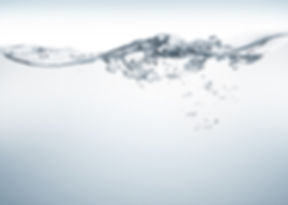
HYDROALCOHOLIC GEL
IN INDIVIDUAL, CUSTOMIZABLE PACKETS
PERFECT FOR HAND DISINFECTION
Comprised of a solution that is 65% alcohol-based
NORM : EN 14476


Why is this a “healthy gesture?”
80% of infectious diseases are transmitted by the hands.
We are aiming to help in the general sanitation effort in the fight against microbial contamination.
During the Covid 19 epidemc, hygiene has become a centerpiece of public health, with an increased focus on keeping clean hands. And yes, our hands are the most common way that bacterial / viral contamination occurs.
Hands and nails are the number one target for contamination due to their obvious exposure that accumulates a considerable number of potentially-dangerous microorganisms. The danger lies in the speed and facility with which our hands contaminate whatever they touch.
You must disinfect regularly to eliminate germs that were transmitted from contaminated surfaces.
Washing your hands is the best way to prevent contamination of most infectious diseases. We touch our face about 50 times per day, on average. (So, we obviously are touching our bodies’ entry points for microorganisms: eyes, nose, mouth, etc.)
Did you know that:
•25% of individuals carry e-Coli on their hands after leaving the bathroom while only 4% carry it when they enter?
•29% of people reported that they don’t wash their hands after using the bathroom?
•33% of people don’t wash their hands before cooking or changing a baby’s diaper?
•More than 50% of don’t wash their hands before eating?
•70% of people don’t wash their hands after blowing their nose or after having taken public transportation?
The common cold, the flu, bronchitis, gastroenteritis, and a lot of other diseases spread primarily due to poor hand hygiene.
When there’s no access to water and soap, and your hands aren’t visibly dirty, using hydroalcoholic gel is the most effective way to keep proper hand hygiene. Therefore, it is critical to adopt hygienic habits and to educate others as to the importance of these habits.
When is hand hygiene crucial?
•When coming home
•Before changing a baby’s diaper
•After public transportation
•After having sneezed, blown your nose, spat
•After going to the bathroom
•Before and after: eating, touching food, drinking, smoking
•After having touched red meat, chicken, or raw fish
•Before taking medicine or pills
•After taking out the trash
•After having touched pets / animals
•After any contact with a sick individual
•After any contact with blood or other organic liquids like saliva
•Before taking care of a wound, burn, cut